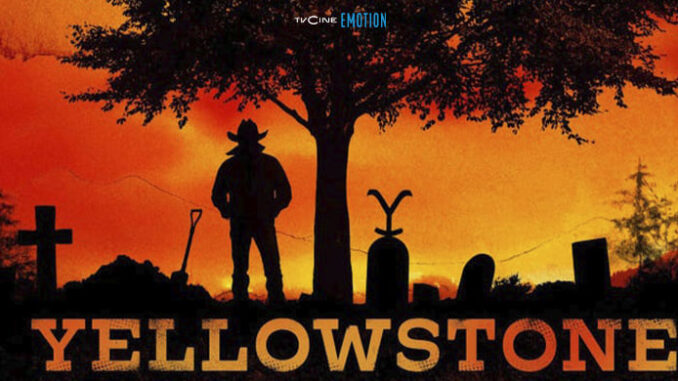
The Roar of the Wild: Why Yellowstone Became the Most Popular Drama on Television
In a media landscape saturated with superheroes, intricate fantasy worlds, and gritty urban crime sagas, a drama set on a sprawling Montana ranch shouldn't, by all conventional wisdom, have ascended to the pinnacle of television popularity. Yet, Yellowstone roared onto the scene, not just capturing but dominating the cultural conversation, becoming the most watched drama on cable television. Its success wasn't merely a fluke; it was a potent cocktail of escapism, mythic archetype, and primal human drama, meticulously brewed to tap into a collective yearning for something raw, real, and unapologetically American.
One of Yellowstone's most immediate and undeniable appeals lies in its stunning visual grandeur and the profound sense of escapism it offers. In an increasingly digital, concrete, and compartmentalized world, the show transports viewers to the wide-open spaces of the American West. Sweeping vistas of snow-capped mountains, vast emerald pastures, and cerulean skies provide a breathtaking backdrop, a stark contrast to the cubicle farms and traffic jams of modern life. The Yellowstone Dutton Ranch isn't just a setting; it's a character in itself, embodying freedom, untamed beauty, and a deep connection to the land that many feel is slipping away. For an hour each week, audiences could breathe the crisp mountain air, watch the sun set over endless plains, and vicariously live a life rooted in nature, a powerful antidote to the anxieties of contemporary existence.
Beyond the breathtaking scenery, Yellowstone successfully resurrected and re-imagined the Western genre for the 21st century. It's not merely a period piece; it’s a modern epic, replete with dusty boots and Stetsons, but also boardroom battles, political maneuvering, and high-stakes legal wrangling. At its heart is John Dutton, played with stoic gravitas by Kevin Costner, a patriarch fighting tooth and nail to protect his family's legacy – the largest contiguous ranch in the United States – from developers, politicians, and Native American land claims. Dutton embodies the rugged individualism and frontier justice of classic Western heroes, but with a morally ambiguous edge that resonates with contemporary sensibilities. He's an anti-hero who commits ruthless acts, yet his unwavering loyalty to his land and family provides an anchor of a clear, if brutal, moral code. This updated Western myth speaks to a deep-seated American desire for self-reliance, the defense of one's territory, and a no-nonsense approach to problems that the nuanced complexities of modern society often forbid.
However, the true beating heart of Yellowstone and the engine of its popularity is its raw, unvarnished portrayal of a deeply dysfunctional, yet fiercely loyal, family. The Duttons are a Shakespearean saga unfolding in Wranglers and cowboy hats. There's the volatile, brilliant, and deeply scarred Beth Dutton, whose ferocity is matched only by her profound love for her father and her unconventional romance with ranch foreman Rip Wheeler – a love story that became a fan obsession. There's Kayce, the conflicted former Navy SEAL caught between his loyalty to his family and his wife's Native American heritage, and Jamie, the perpetually striving, often tormented black sheep, desperate for his father’s approval yet consistently undermined. Their relationships are a visceral tapestry of love, hatred, betrayal, sacrifice, and unbreakable bonds forged in fire. This exploration of family dynamics, with all its inherent messiness and unconditional devotion, offers a universal appeal. Audiences see echoes of their own family struggles, their own desires for belonging and acceptance, even within the extreme circumstances of the Dutton ranch.
Ultimately, Yellowstone's ascent to the top of television drama is a testament to its masterful blend of elements that resonate deeply with the American psyche. It's an escape to a beautiful, untamed world, a modern myth about land and legacy, and an unflinching look at the complicated, often brutal, ties that bind a family. In a world that often feels too sanitized and too compromised, the Duttons offer a visceral, unvarnished vision of power, freedom, and a fight for what’s theirs, fulfilling a primal yearning that few other shows dared to touch. It’s not just a drama; it’s a roar from the heartland, echoing sentiments of independence and belonging that continue to captivate millions.
